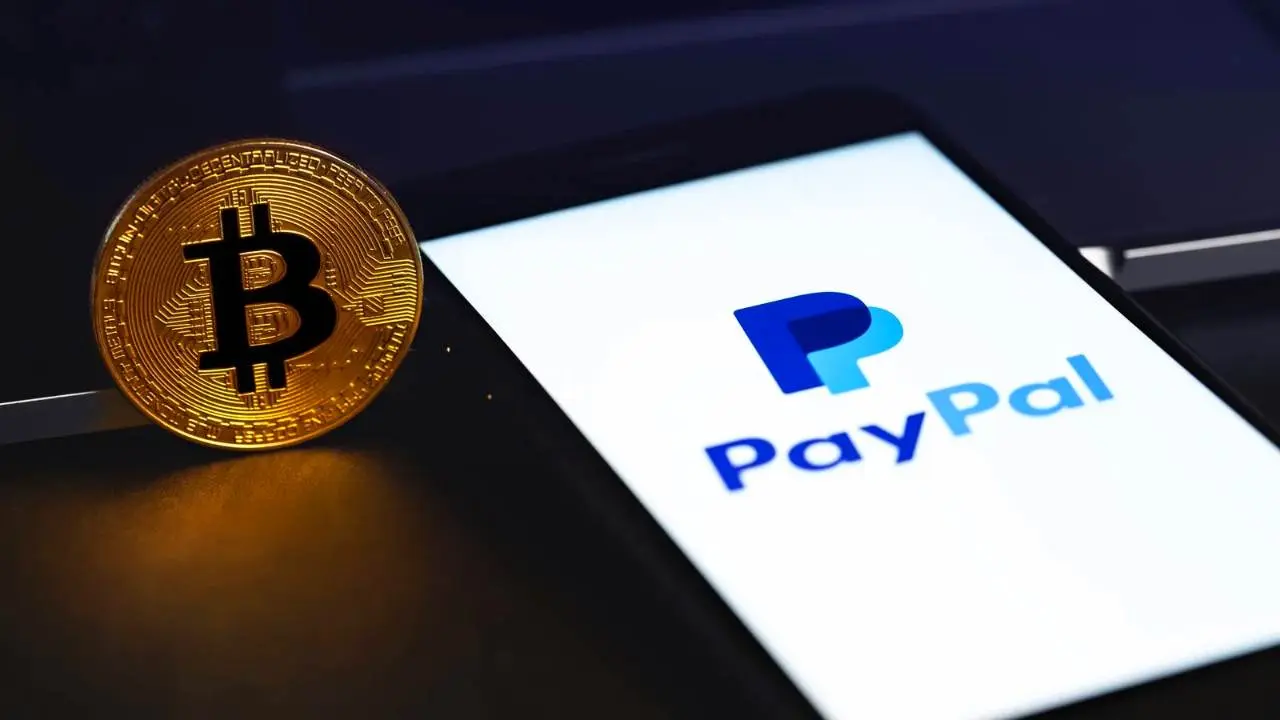PayPal recently made a significant advancement in the adoption of cryptocurrencies by the general public. More than 100 cryptocurrencies, including Bitcoin, Ethereum, and even meme coins like Fartcoin and Trump’s token, will now be accepted by American retailers thanks to the payments behemoth. The action may change how companies nationwide handle online payments.
PayPal’s stablecoin, PYUSD, will be used to process and settle cryptocurrency payments, including Bitcoin and novelty tokens.
How will PayPal handle payments made with cryptocurrency?
PayPal has added a new feature that lets U.S. businesses that use its payment system accept more than 100 cryptocurrencies at checkout. This includes well-known coins like Bitcoin and Ethereum, as well as meme-based tokens like Trump’s coin and Fartcoin. Merchants can sign up with just a few clicks and won’t have to deal with crypto directly, as per a report by Fortune.
Here’s how it works: people can link their current crypto wallets to the checkout page. PayPal will change the crypto into cash through exchanges like Coinbase or Uniswap, depending on the wallet. After that, PayPal’s stablecoin, PYUSD, is made from that value, and then the money is changed into U.S. dollars and put into the merchant’s account.
With a promotional fee of 0.99% at launch, the feature undercuts typical credit card fees and broadens PayPal’s expanding cryptocurrency ecosystem.
PayPal is sweetening the deal by offering a 0.99% promotional transaction fee for the first year. After that, the fee will go up to 1.5%, which is still lower than the average credit card processing fee of 1.57%, according to the Nilson Report.
Why is PayPal getting into digital assets now?
PayPal has done crypto things before. In 2020, the fintech giant let U.S. users buy, sell, and hold Bitcoin and Ethereum. Later, it added this feature to Venmo as well. But it stopped sending crypto messages when the market fell in 2022.
PayPal is getting back into the game now that the crypto markets are doing better and the Trump administration is being more friendly to them. Since January, its stablecoin PYUSD has grown by almost 70% in market cap, and it is now worth about $850 million.
What does this mean for small businesses?
This change makes it easy for small and medium-sized U.S. businesses to take crypto from customers all over the world. This could open up new markets and lower costs.
PayPal CEO Alex Chriss said, “Think about someone in Guatemala buying something from a store in Oklahoma.” “With this, they can.”
PayPal also wants to make this feature available to business customers in the U.S. and other countries, but it hasn’t said when it will happen. This makes it possible for crypto to become a part of everyday business and maybe even everyday life, reported Fortune.
Also read: Kiyosaki Warns: Ditch ‘Fake’ Paper Money for Bitcoin, Gold, Silver
